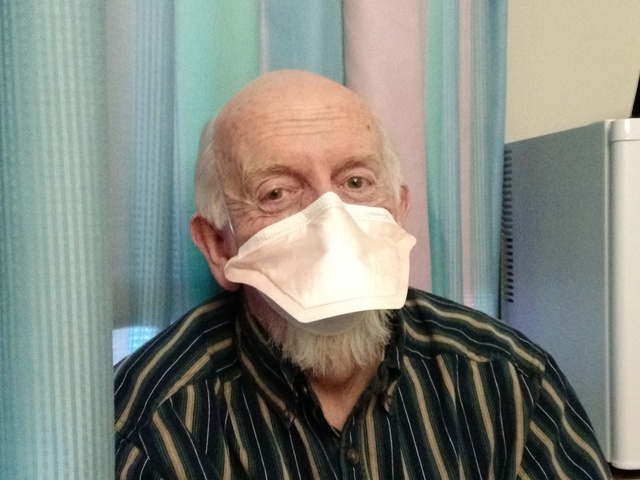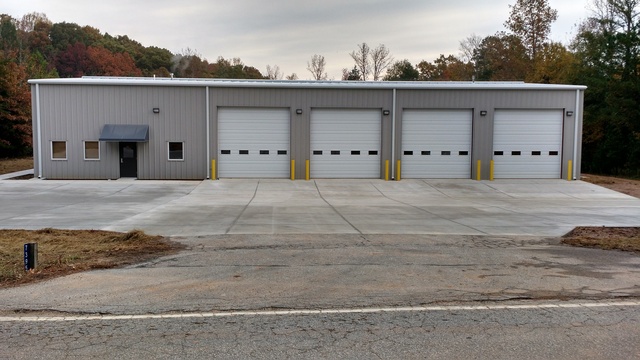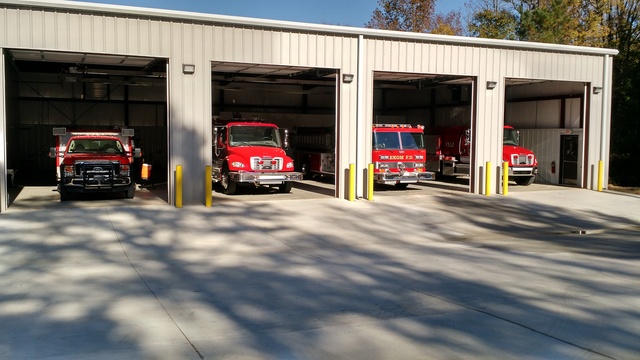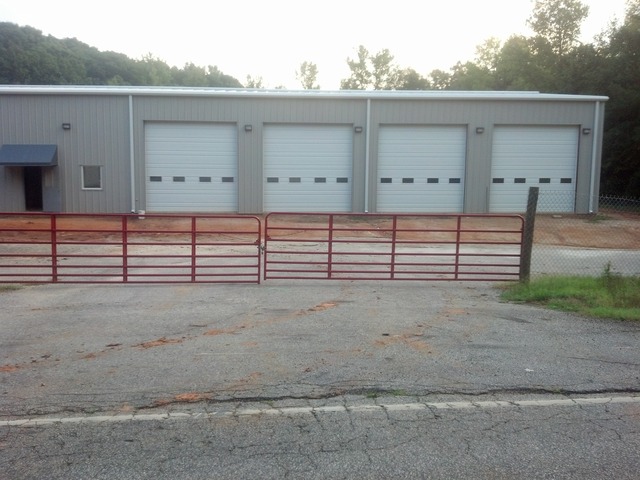This time of year has been a time of observances since the planet got its axis tilted (creating seasons) and there has been life around to notice that fact.
For those living in the wild, the change of seasons is critical for timing migrations, breeding, finding food, and just surviving. The Solstice is a key timing mark, and is a sign that (in the northern hemisphere) the worst of winter is yet to come, since we’re still cooling off, but also spring will follow in turn, because the days start getting longer.
Probably because of that, other celebrations and observances have accumulated around this time of year throughout history, be they spiritual or secular: the Solstice itself, Bodhi Day, Hanukkah, Christmas, Saturnalia, New Year’s, Yule, Kwanza, mall sales, breaking open a new calendar, and many, many more “reasons for the season”.
The neat thing is that this time of year is special to so many of us, regardless of our backgrounds, beliefs, ethnicity, or even species. This is something we all have in common, something we all share. As we come together with Friends &/| Family, let us remember that we also have this connection to every other Earthling.



















